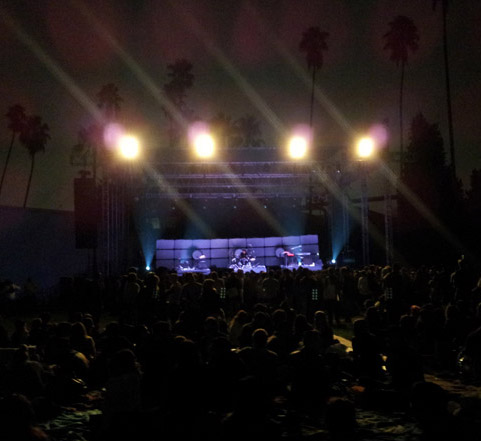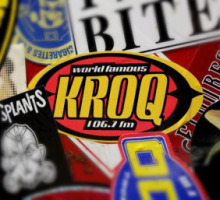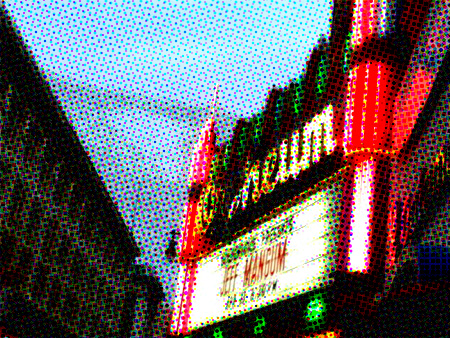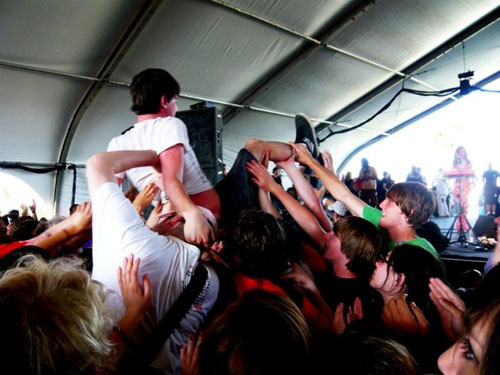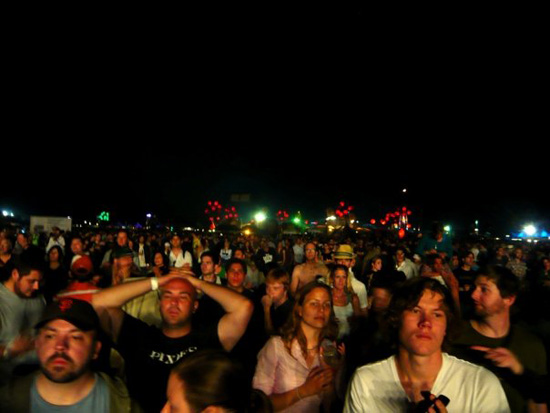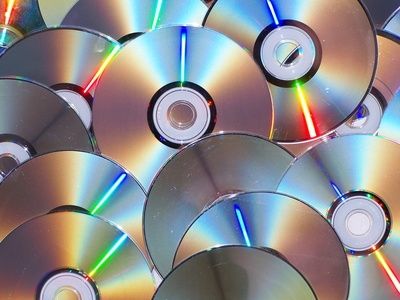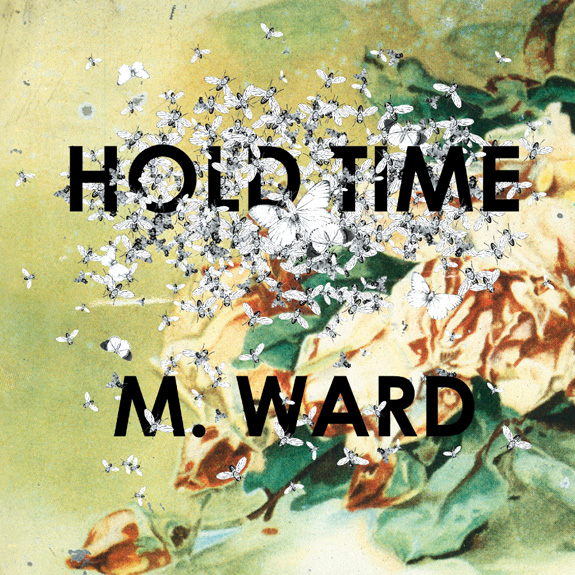
M. Ward is a remarkably talented musician. I became a fan when I stumbled upon "Hi-Fi," a smooth and lightly breezy tune from his 2005 album, Transistor Radio. I was surprised to find that raspy deep voice belonged to a frazzy-haired opie-faced dude named Matt. I delved deeper into his back catalog and found a well of soulful blues & folk rock, all of it well-written, moving and sincere.
Then I saw him perform a special solo concert. Normally, he has a band backing him up, but on this night, it was just M. Ward, a guitar, and a loop pedal. On that night he had six fingers on each hand, because the shit he was playing was stunning. His finger picking speed and the ease of which he pulled off the complicated layering was astonishing. I often enjoy concerts, but I rarely leave an even bigger fan.
Ever since, I've never been hesitant to put M. Ward's music somewhere in my top ten, even five. His most recent album, "Post-War," solidified it with his best songs yet in "Chinese Translation," "To Go Home," and the heart-bursting "Poison Cup." He had reached a mountaintop in his last album. How do you keep the momentum going in Hold Time? This album was also the first since his success with Zoey Deschanel as the other side of the ampersand in She & Him. But he doesn't get to sing in that band. So for that wondrous bluesy croon, we go to Hold Time.
